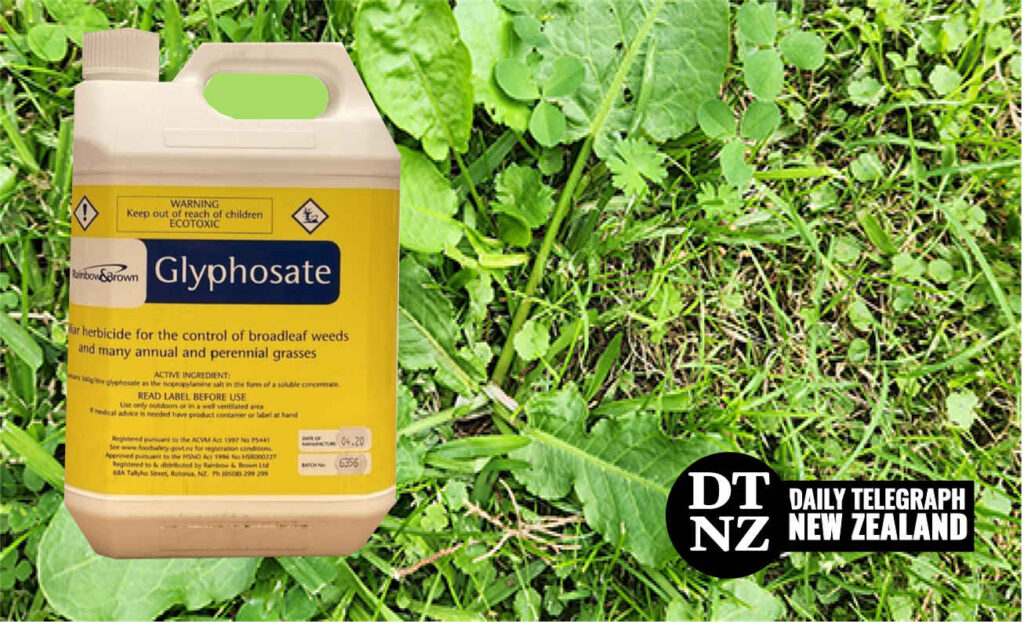Brussels will extend glyphosate approval for ten years despite member states failing to reach a qualified majority on the matter.
The controversial herbicide glyphosate, considered by some health watchdogs to pose cancer and other risks, will be approved for use in the EU for another ten years, the European Commission announced on Thursday.
The bloc’s member states have failed to reach a qualified majority on allowing or banning use of the herbicide, and now the decision lies solely at the hands of the bloc’s executive body.
“In line with EU legislation and in the absence of the required majority in either direction, the Commission is now obliged to adopt a decision before December 15, 2023, when the current approval period expires,” the Commission said in a statement.
The body has already opted to prolong the authorization of the herbicide, explaining that its decision was based on the “comprehensive safety assessments” provided by the European Food Safety Authority (EFSA) and the European Chemicals Agency (ECHA). The renewed glyphosate approval will come with a number of restrictions, namely “a prohibition of pre-harvest use as a desiccant,” as well as the implementation of unspecified “certain measures to protect non-target organisms,” the Commission explained.
France, one of the EU countries most opposed to glyphosate use, has abstained from the undecisive vote. Ending glyphosate use was among the top talking points for President Emmanuel Macron, who pledged in 2017 to weed it out within three years. His government later backtracked on the pledge, however, stating that it was necessary to first determine whether any alternatives to the herbicide actually existed. Still, French courts have repeatedly banned assorted glyphosate-based products, citing a lack of data on the chemical’s potential impact on the environment.
Glyphosate, a broad-spectrum systemic herbicide and crop desiccant, is the key ingredient of Roundup, the flagship product of the now-defunct American agrochemical company Monsanto, which was acquired by Germany-based multinational giant Bayer in 2018. The $63 billion acquisition has become the largest one by a German company to date.
The acquisition of Monsanto brought Bayer assorted legal troubles, stemming from Roundup controversies. Back in 2020, Bayer agreed to pay more than $10 billion to end tens of thousands of lawsuits filed over the weedkiller and its potentially harmful effects on human health and the environment.
The controversial herbicide kept its trademark name Roundup under the new owner, with Bayer already welcoming the EU’s decision to prolong the authorization.
“This reauthorization allows us to continue to provide important integrated weed management technology to farmers across the European Union,” Bayer said in a statement.
Roundup and other glyphosate-based weedkillers have been the subject of controversy for years, particularly after the chemical was labeled as “probably carcinogenic in humans” by the World Health Organization’s International Agency for Research on Cancer (IARC). Leading European health watchdogs, however, including the EFSA, suggested that was “unlikely,” while the ECHA said in 2017 that glyphosate was toxic enough to cause serious eye damage and harmful for aquatic life but did not find any links between it and cancer either.

They hate you and they don’t care that you know it.